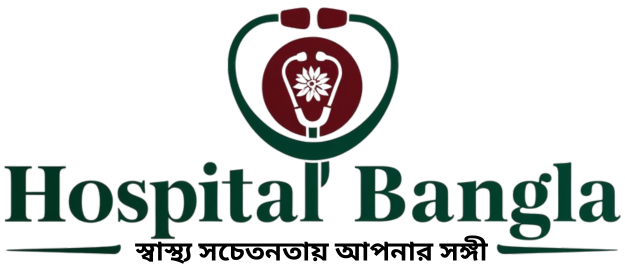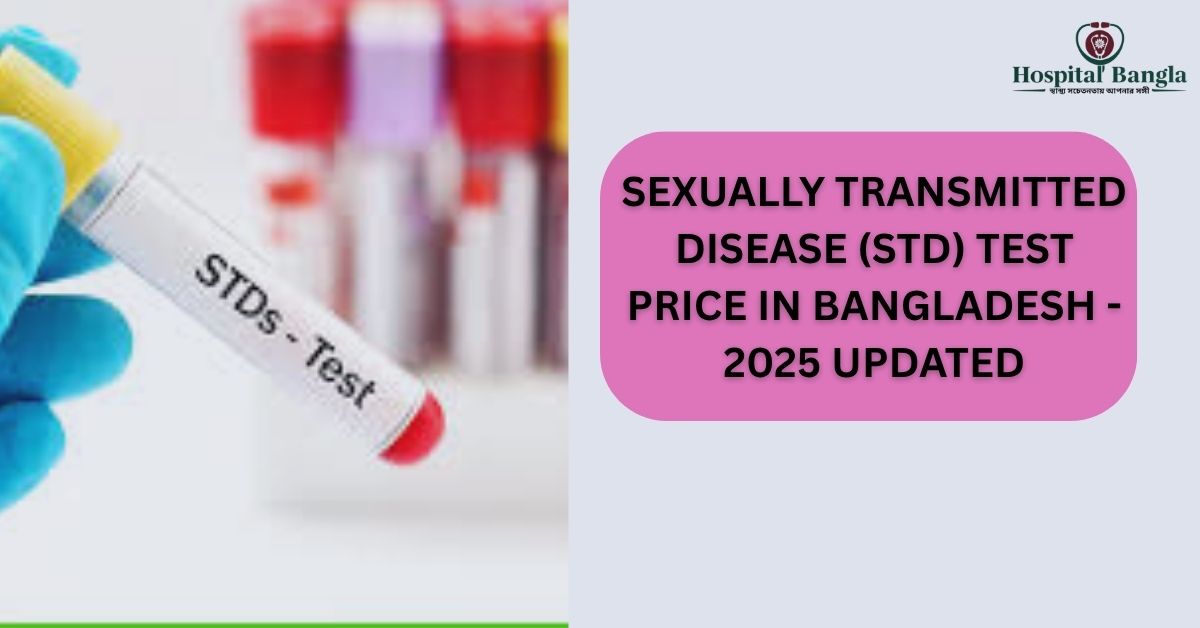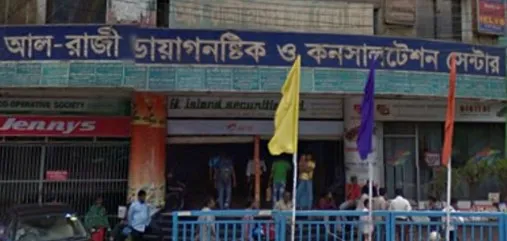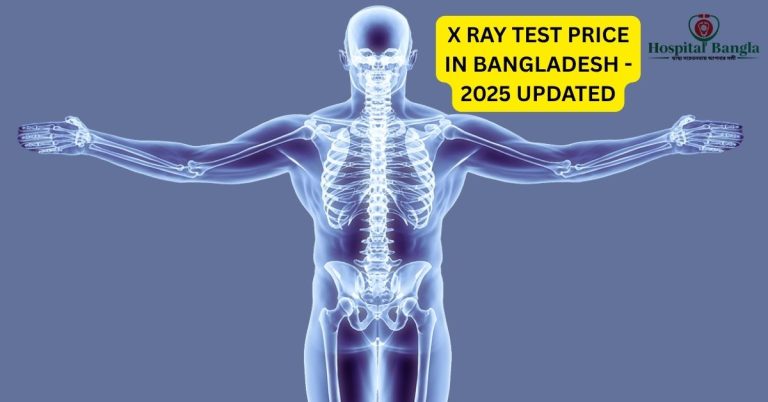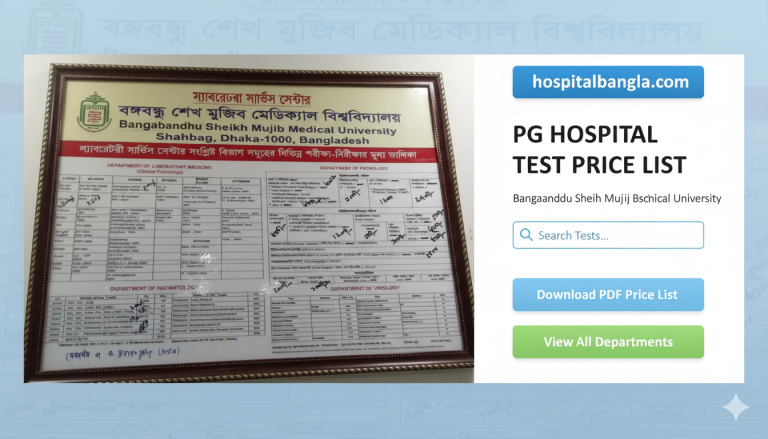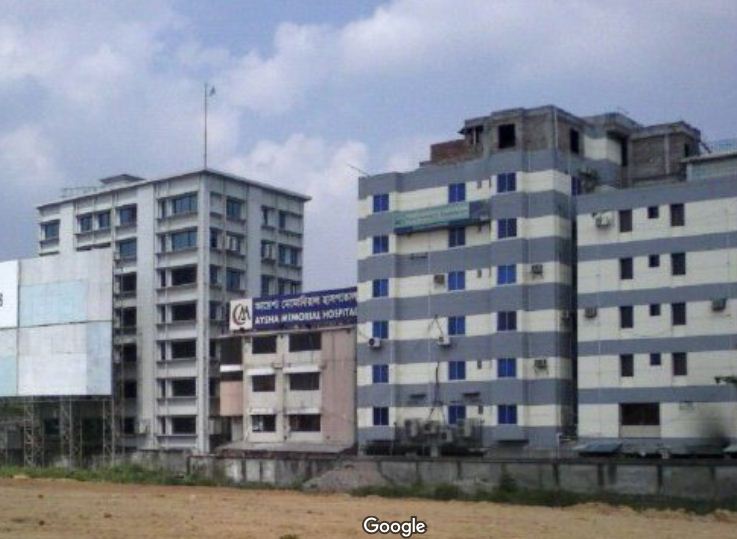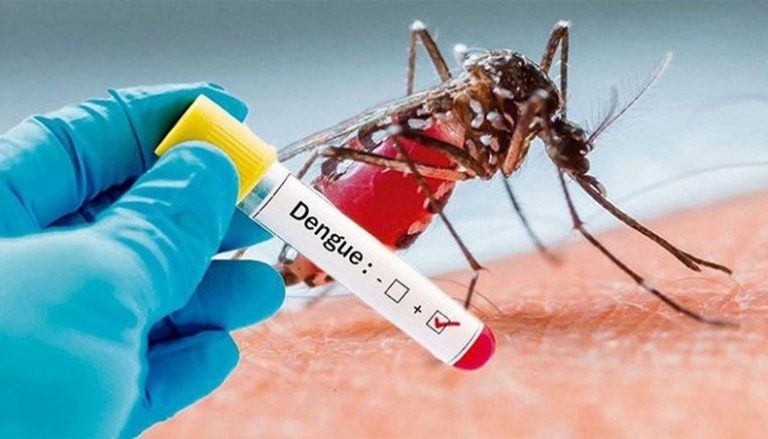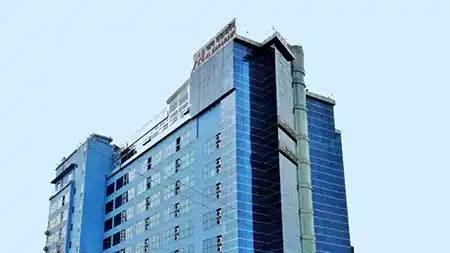STD Test Price in Bangladesh – 2025 Updated
Sexually transmitted disease (STD) tests, also known as sexually transmitted infection (STI) tests, are medical procedures designed to detect infections transmitted through sexual contact, including vaginal, anal, or oral sex, or other means like sharing needles or during childbirth. These tests are critical for early diagnosis, enabling timely treatment to prevent serious health issues like infertility or chronic pain. In Bangladesh, STD tests are widely available at government and private healthcare facilities, with the Std Test Price In Bangladesh typically ranging from 250 BDT to 1500 BDT, depending on the test type and facility. For example, HIV tests, a common STD test, cost around 400 BDT in government hospitals, while private centers may charge between 250 BDT and 1500 BDT. This article provides a comprehensive guide to STD testing in Bangladesh, including pricing, preparation, and more, to help you make informed healthcare decisions.
What is an STD Test?
An STD test is a diagnostic procedure to identify sexually transmitted infections such as chlamydia, gonorrhea, syphilis, trichomoniasis, herpes, human papillomavirus (HPV), hepatitis B, hepatitis C, and HIV. These tests are essential because many STDs may not show symptoms initially, yet untreated infections can lead to severe complications, including infertility, organ damage, or increased HIV transmission risk. The clinical significance of STD tests lies in their ability to detect infections early, allowing for effective treatment—antibiotics for bacterial infections or antiviral medications for viral ones.
- What the Test Measures: Depending on the infection, tests may analyze blood, urine, or swabs from the genital area, rectum, or mouth to detect the presence of pathogens, antibodies, or antigens.
- Medical Conditions Requiring Testing: STD tests are crucial for sexually active individuals, pregnant women, those with multiple partners, or anyone experiencing symptoms like genital sores or unusual discharge.
- Alternative Names: These tests are also called STI tests, venereal disease tests, or sexual health screenings.
Testing methods vary: HIV and syphilis typically require blood samples, chlamydia and gonorrhea use urine or swabs, and herpes tests involve swabbing sores. Results guide healthcare providers in prescribing appropriate treatments.
When is an STD Test Recommended?
STD testing is advised in several scenarios to ensure early detection and treatment. Here are key situations where testing is recommended:
- Symptoms Present: Look out for unusual discharge, pain during urination, genital sores, itching, or pain during sex. Many STDs are asymptomatic, so testing is vital even without symptoms.
- Unprotected Sex: Engaging in vaginal, anal, or oral sex without condoms increases STD risk.
- Multiple Sexual Partners: Having multiple partners or partners with multiple partners heightens exposure risk.
- Pregnancy: Testing protects both the mother and baby, as some STDs can be transmitted during pregnancy or childbirth.
- Sexual Assault: Testing is crucial to identify any infections contracted during an assault.
- Routine Screening: Sexually active individuals, especially those aged 15-24, should consider regular testing as part of health maintenance.
Doctors use STD test results to diagnose infections and tailor treatments, such as antibiotics for chlamydia or antivirals for HIV. Testing is used for screening (routine checks), diagnosis (confirming infections), and monitoring (tracking treatment progress). Early detection prevents complications and reduces transmission risks.
STD Test Preparation
Preparing for an STD test depends on the specific test but generally involves simple steps to ensure accurate results:
- Fasting: Most STD tests, like urine or swab tests, don’t require fasting. Blood tests for HIV or hepatitis may occasionally require fasting for 8-12 hours; confirm with your healthcare provider.
- Medications: Inform your doctor about any medications, as some may interfere with results. For example, antibiotics might affect bacterial STD test outcomes.
- Sample Collection:
- Urine Tests: Provide a first-catch urine sample (the initial part of the stream) for tests like chlamydia or gonorrhea.
- Swab Tests: A healthcare provider collects samples from the genital area, rectum, or throat, depending on the suspected infection.
- Blood Tests: A small blood sample is drawn from a vein, typically for HIV or syphilis testing.
- Test Duration: Rapid tests, like some HIV tests, deliver results in 20 minutes. Others, like lab-based tests, may take 1-7 days.
Follow your healthcare provider’s instructions to ensure reliable results. Contact facilities like Square Hospital for specific preparation guidelines.
STD Test Price List in Government Hospitals in Bangladesh
Government hospitals in Bangladesh offer affordable STD testing, making them accessible to a wide population. Below is a table of major government hospitals offering STD tests, with prices based on HIV testing data (as of 2025), as specific prices for other STD tests may vary.
| Hospital Name | Location | STD Test Price (BDT) | Contact Number |
|---|---|---|---|
| Dhaka Medical College Hospital | Dhaka | 400 | Contact DMCH |
| Bangabandhu Sheikh Mujib Medical University (BSMMU) | Dhaka | 400 | Contact BSMMU |
| Sir Salimullah Medical College Mitford Hospital | Dhaka | 400 | Contact SSMCH |
| Holy Family Red Crescent Medical College Hospital | Dhaka | 400 | Contact HFRCMCH |
| Shaheed Suhrawardy Medical College Hospital | Dhaka | 400 | Contact SSMCH |
| Pabna Medical College Hospital | Pabna | 400 | Contact PMCH |
| Mymensingh Medical College Hospital | Mymensingh | 400 | Contact MMCH |
STD Test Price List in Private Hospitals in Bangladesh
Private hospitals and diagnostic centers in Bangladesh offer a wider range of STD tests, often with faster results but at higher costs. Below is a table of private facilities with estimated STD test prices (based on HIV test data, ranging from 250-1500 BDT as of 2025).
| Hospital/Diagnostic Center | Location | STD Test Price (BDT) | Contact Number |
|---|---|---|---|
| Square Hospital | Dhaka | 250 – 1500 | 10616 |
| United Hospital | Dhaka | 250 – 1500 | Contact United |
| Apollo Hospitals Dhaka | Dhaka | 250 – 1500 | Contact Apollo |
| Popular Diagnostic Centre Ltd. | Dhaka | 250 – 1500 | Contact Popular |
| Labaid Diagnostic Centre | Dhaka | 250 – 1500 | Contact Labaid |
| Ibrahim Cardiac Hospital & Research Institute | Dhaka | 250 – 1500 | Contact ICHRI |
| Evercare Hospital Dhaka | Dhaka | 250 – 1500 | Contact Evercare |
| Enam Medical College Hospital | Savar | 250 – 1500 | Contact EMCH |
| Anwar Khan Modern Hospital | Dhaka | 250 – 1500 | Contact AKMH |
| Green Life Medical College Hospital | Dhaka | 250 – 1500 | Contact GLMCH |
Understanding STD Test Results
Understanding STD test results is key to managing your health:
- Normal Range: Most STD tests report results as positive or negative. A negative result indicates no infection was detected, while a positive result confirms the presence of an STD.
- Abnormal Results: A positive result may require further testing (e.g., confirmatory tests for HIV) or immediate treatment. For example, bacterial STDs like chlamydia are treated with antibiotics, while viral STDs like HIV require antiviral therapy.
- Factors Affecting Results: Recent exposure (within the “window period” of 2-12 weeks for some STDs), improper sample collection, or lab errors can affect accuracy. Retesting may be needed if results are inconclusive.
- When to Consult a Doctor: If results are positive or you have concerns, consult a healthcare provider immediately for guidance on treatment and follow-up care.
Frequently Asked Questions
How accurate are STD tests?
STD tests are highly accurate, but false positives or negatives can occur, especially during the window period. Confirmatory testing and consulting a doctor ensure reliable results.
How long does it take to get STD test results?
Rapid tests, like some HIV tests, provide results in 20 minutes. Lab-based tests for chlamydia or syphilis may take 1-7 days, depending on the facility.
Does insurance cover STD tests in Bangladesh?
Coverage varies by provider. Some private insurance plans may cover STD tests, but government hospitals often offer low-cost options. Check with your insurer for details.
How often should I get tested for STDs?
Sexually active individuals with multiple partners or high-risk behaviors should test every 3-6 months. Those in monogamous relationships may test annually, but consult a doctor for personalized advice.
What’s the difference between STD and STI tests?
The terms are often used interchangeably. STI refers to the infection, while STD refers to the disease resulting from the infection. Both involve the same testing procedures.
Can I test for all STDs with one test?
No, different STDs require specific tests. Comprehensive panels may screen for multiple infections, but not all STDs are included. Discuss with your doctor for appropriate tests.
Are home STD tests available in Bangladesh?
Yes, home test kits for HIV are available from reputable sources like Aleef Surgical. Confirm results with a healthcare provider for accuracy.
Conclusion
STD testing is a critical step in maintaining sexual health and preventing the spread of infections in Bangladesh. With tests available at government hospitals for as low as 400 BDT and private facilities offering comprehensive options from 250 BDT to 1500 BDT, comparing prices can help you find affordable care. Early detection through STD testing prevents complications and protects you and your partners.
